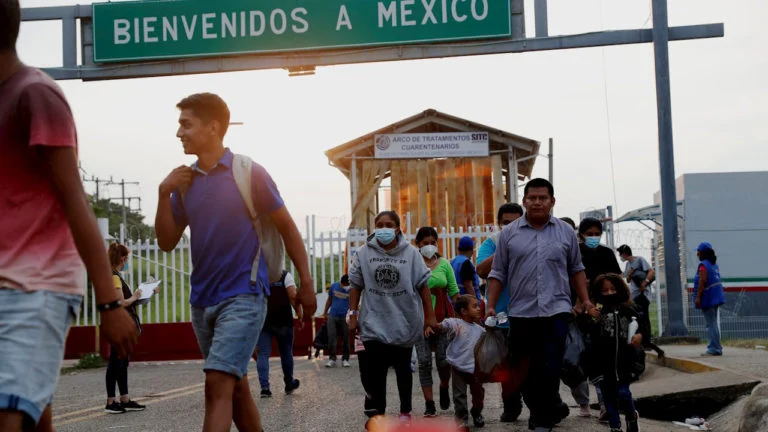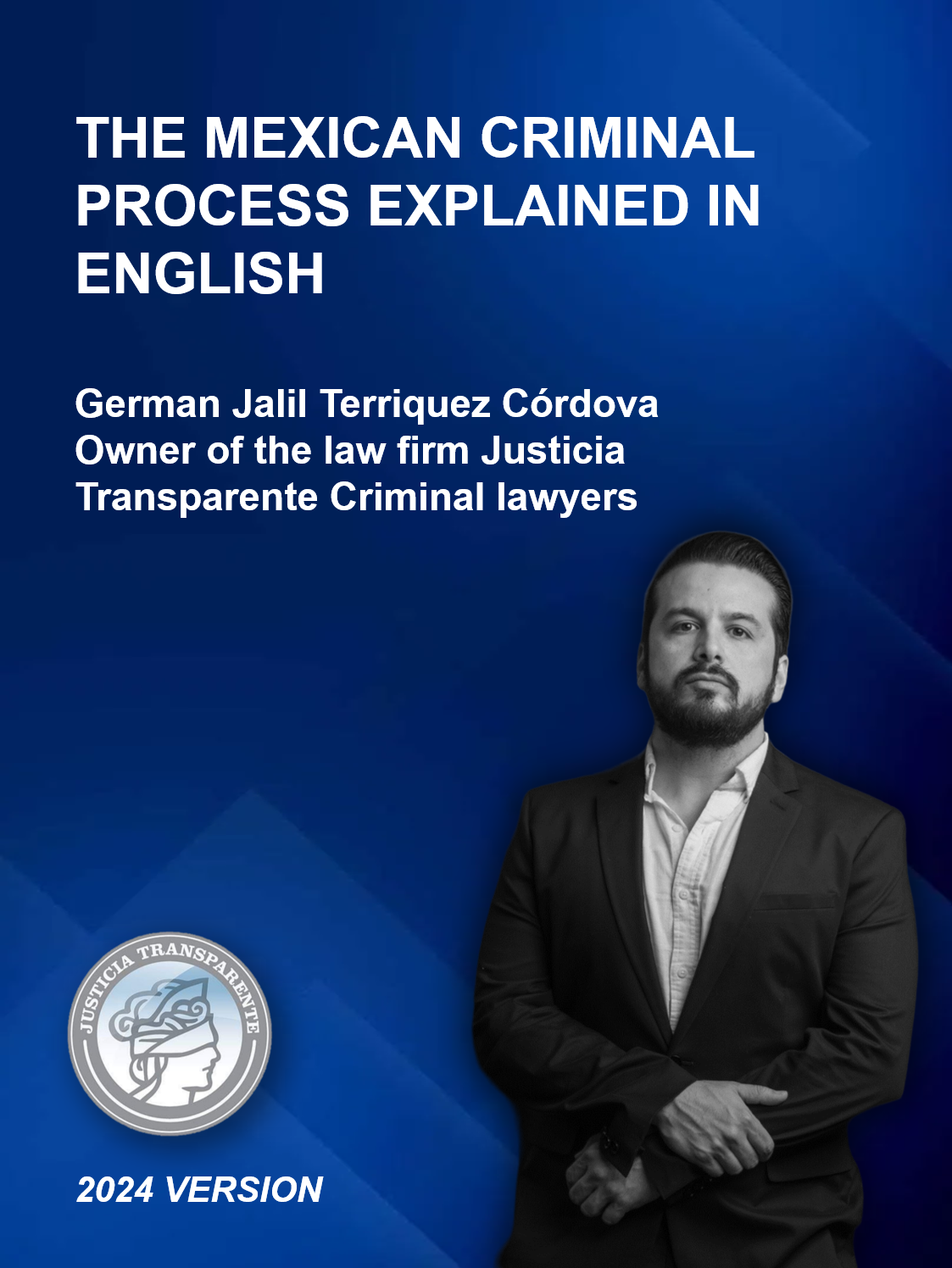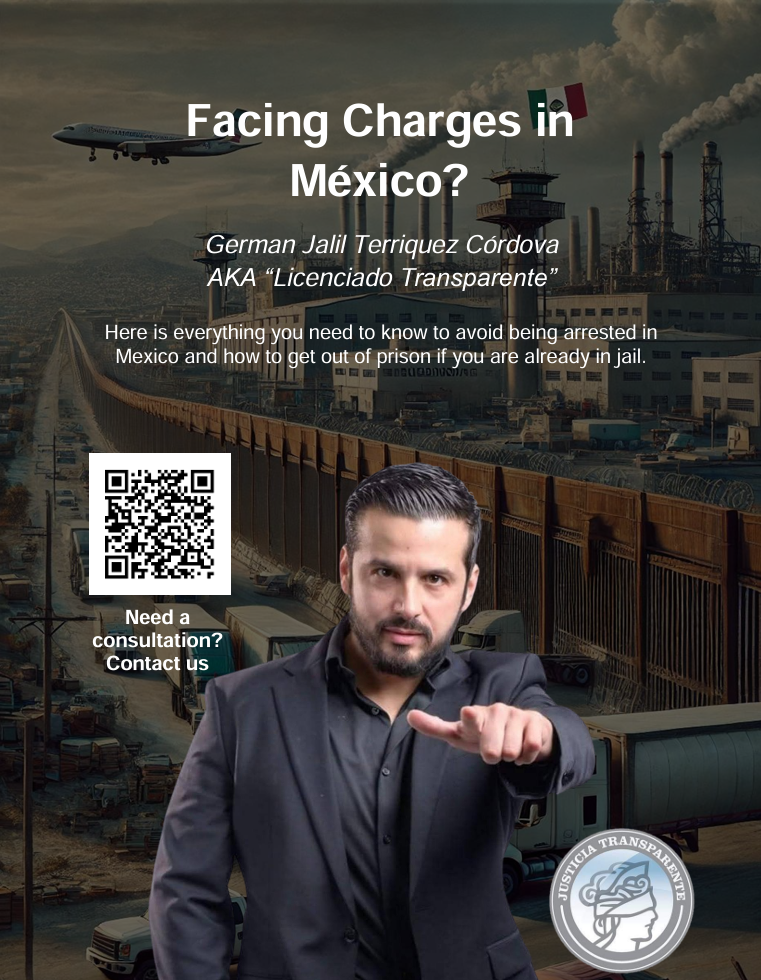
releasing migrants? The migration issue in Mexico is multifaceted and encompasses several socioeconomic and political dimensions. However, more than 90% of it stems from transit migration, as the majority of migrants in Mexico aim to reach the United States.
Mexico has traditionally been a country of emigration towards the United States due to the economic opportunities it offers. Factors such as lack of well-paid employment, poverty, and violence in certain regions drive many Mexicans to seek better living conditions by crossing the border.
This situation has led Mexico to strengthen its migration policies to curb illegal migration within its borders, resulting in arrests upon entry through Tapachula, Chiapas, or at Mexican airports.
Peruvians, Colombians, Brazilians, Russians, Ukrainians, Guatemalans, Chileans, among other nationalities, are the most common arrests. Therefore, this article will examine migrant arrests and the strategy to be followed.
Accused a relative of a crime in Mexico? Do you need to know if it is a crime to bring weapons into Mexico? Do you need to know if it is a crime to bring marijuana into Mexico? The prosecutor is accusing me of having committed a crime that I did not commit? Has your loved one been in jail in Mexico for years?
If you are in one of these situations, hire an online consultation.
Do you want to avoid an arrest warrant against you in Mexico?
Migrant Arrests in Mexico
Migrant arrests can occur for various reasons related to their immigration status. This includes illegal entry into the country, irregular stay after the expiration of visas or residence permits, or violations of Mexican immigration laws.
The most common form of arrest is upon arrival at airports; certainly, there are some cases where migrants have documents proving their legal status in the country, but bad criteria of migration agents belonging to the authorities
Visit our online store
One of our products can help you
Solutions to releasing migrants arrests
“The solution we offer at Justicia Transparente is the migratory protection (motion with a human rights judge), with this protection we achieve the following results:”
- “Release within a maximum of 36 hours from the migrant’s arrest: Mexican law has established through precedents that prolonged detention violates migrants’ human rights.”
The Mexican Supreme Court states the following regarding this: ‘For a detention in this context, in order to avoid arbitrariness, it must be applied as an exceptional measure, for the shortest period possible, and only if justified by a legitimate purpose. This approach must always be in accordance with Article 21 of the Political Constitution of the United Mexican States, which mandates that no deprivation of liberty for administrative reasons may exceed a maximum period of thirty-six hours.
- Court order to prevent the migrant from being deported or sent to a migration station in southern Mexico (Tapachula, Chiapas, or Villahermosa, Tabasco).
When migrants are arrested in northern cities of the country such as Tijuana, it is common for immigration authorities to seek to send them to the immigration station in Tapachula, Chiapas, or in some cases perform an “assisted return,” which is similar to deportation, once they have completed 36 hours of detention.
The human rights motion includes a legal provision called “Suspensión de plano,” which aims to order immigration authorities to be released in the city where they are detained, so they can undergo the immigration process while being free.
These are the orders that the judge would issue in exchange for not being deported.
- Upon notification of the motion within the next twenty-four hours, the migrant must provide an address of residence (which must be within the vicinity of the immigration station where they were arrested), we can help you with that
- They are not allowed to leave without prior authorization from the responsible authority overseeing the immigration proceedings.
- The migrant must appear before the responsible authority overseeing the immigration proceedings as many times as required for the continuation of the case.
- The motion will not take legal effect or will cease to have effect if the contested actions are different or stem from events unrelated to the migrant’s stated immigration situation, as claimed by the applicant, or if they originate from authorities other than those designated as responsible in the motion petition, or if the aggrieved party fails to comply with the aforementioned measures.
In order for the motion judge to have time to notify immigration authorities and prevent deportation, the motion must be filed immediately to maximize the available time. Therefore, as soon as you receive a call from your loved one, contact us immediately.
Prevent torture or mistreatment during the time the migrant is detained.
“The motion will help eliminate mistreatment or torture within the migration station such as beatings, yelling, withholding food, or discrimination based on nationality or skin color.”
The Mexican criminal process explained in English

Facing Charges in México?.



